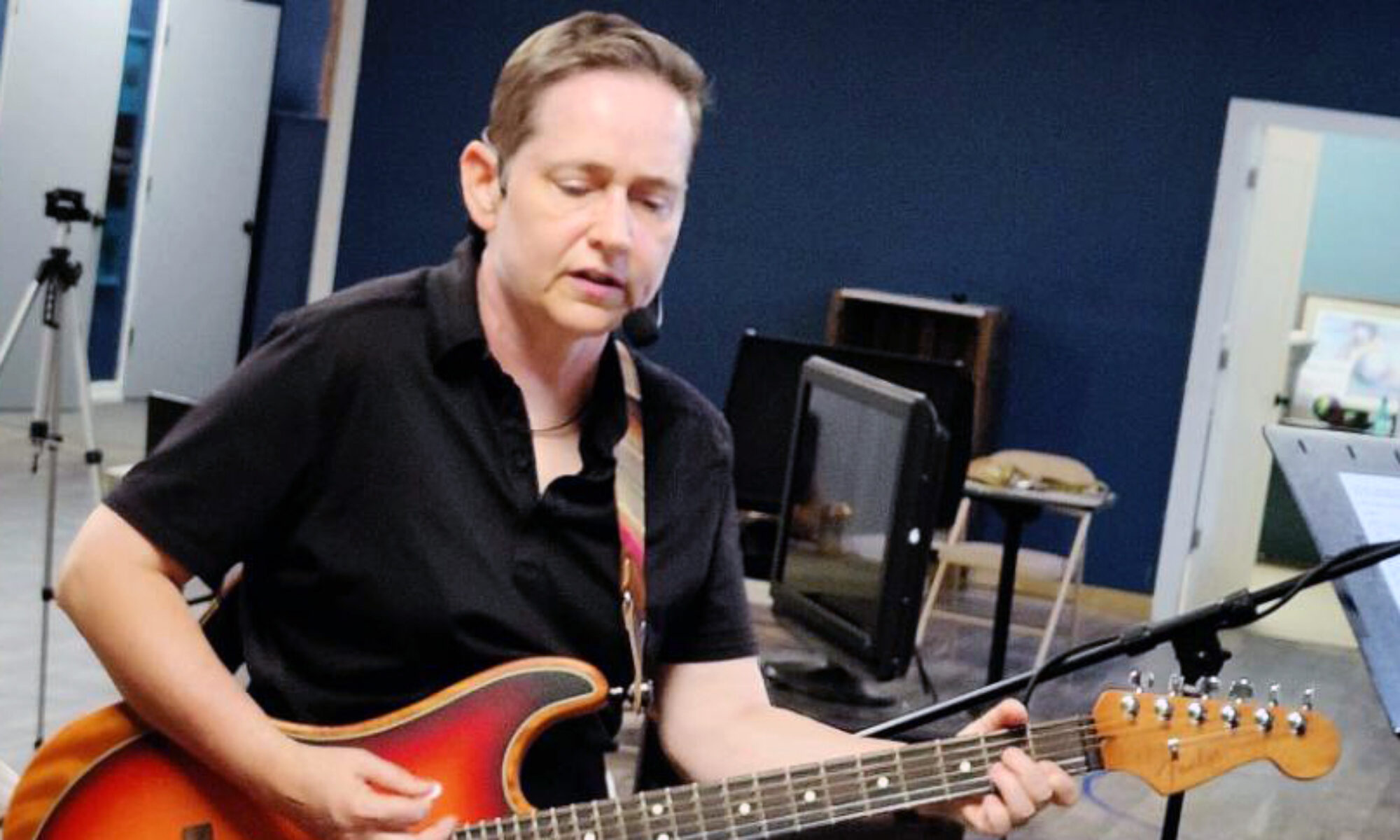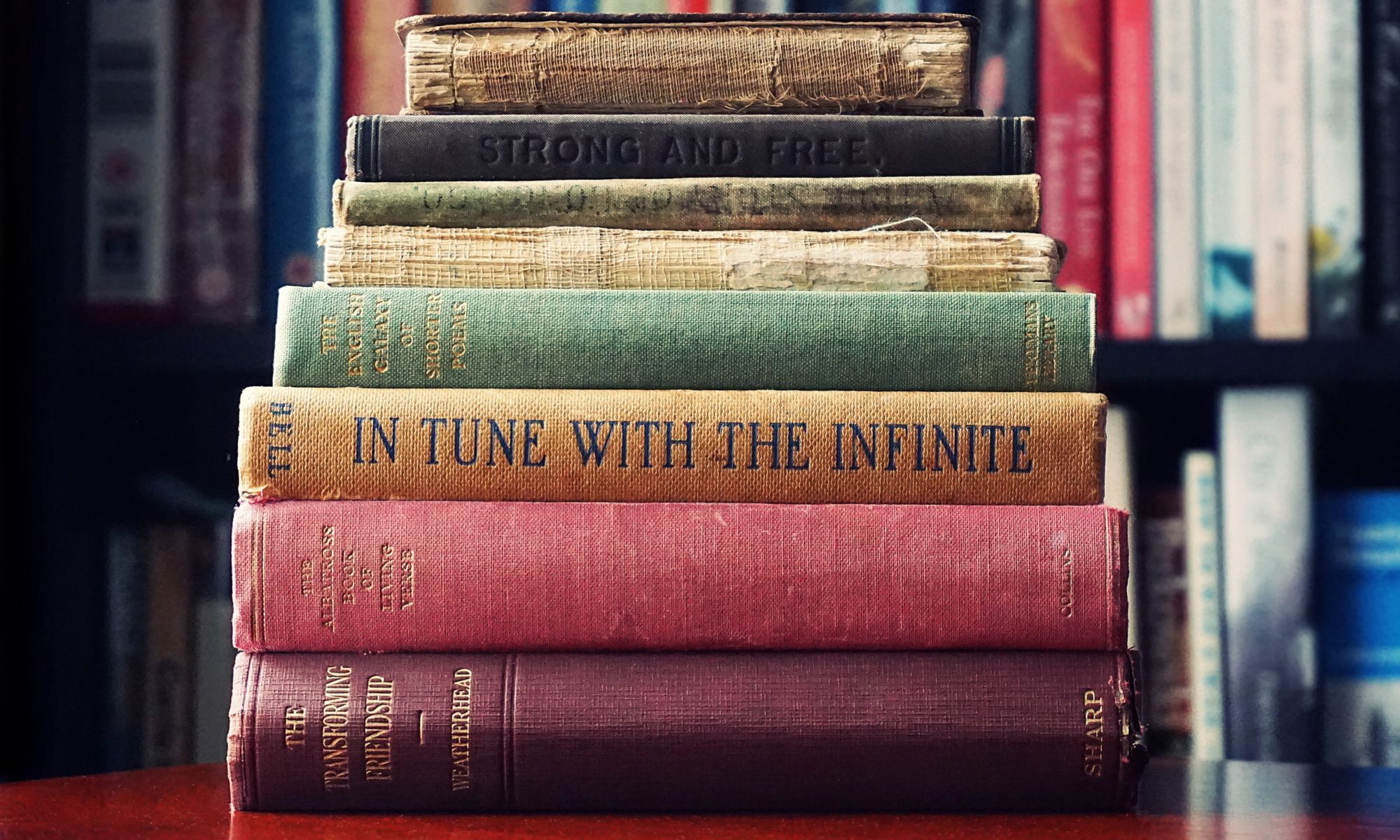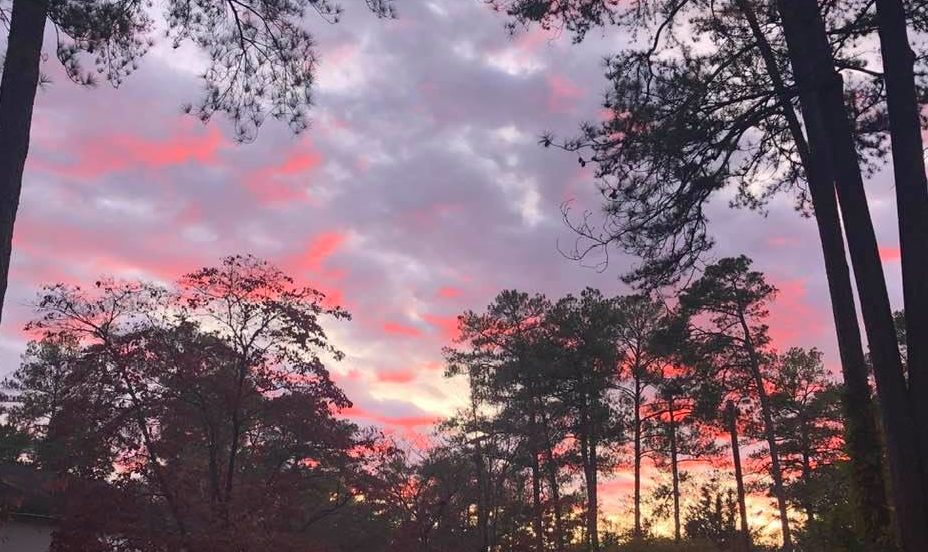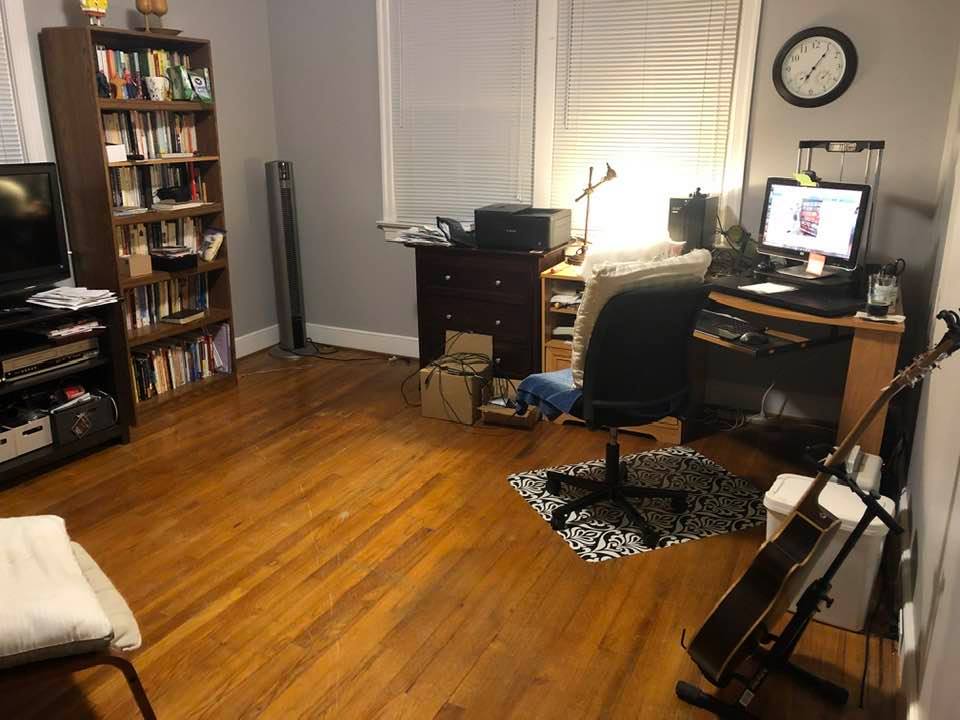Lesson 1: Nothing I see in this room means anything.
Everything
in this room has meaning for me. From the pens I use, to the chair I sit in, to
the paintings on the wall, to the cat perched on my desk looking out my window.
They all have memories, emotions, thoughts and concerns attached to them.
What if I can
no longer find my favorite pens?
What if this
chair becomes more a nuisance than a comfort?
How could I
replace some of the precious original artwork on my wall if something bad were
to happen and destroy them?
And my cat,
my precious cat … I don’t even want to think of the impermanence of my all of
my furry babies.
How can they
not mean anything, when in my bodily reality they mean everything? They give me
comfort, they give me joy, they give me a reason to get my butt out of bed in
the morning and do this thing called life. How can I give up their meaning to
me?
Of course,
everything in this room has no meaning – not above what I’ve given any of it.
The things in my room mean nothing to a stranger who walks in. They don’t know
the story of my love for pens, my quest for a comfy chair, the artists who
created the beauty around me … and the cat – the story of how he – and all the
others – came into my life.
We are
meaning-making creatures. That stranger in my room has no attachment to my
things, but they have plenty to their own. There is a room in their
world where every thing – every being – has meaning.
So, what is
the Course asking us to do in this first lesson of the year? Be aware of
our meaning-making ego and its penchant for labeling, categorizing, valuing and
devaluing everything around it. Be aware of how much we have allowed judgment
to control us. Just by looking at the pens on my desk, I have a favorite – the
one with the right balance, the right weight and the perfect smoothness of its
writing. I have a favorite chair, a favorite piece of artwork, and even though
I don’t tell them – there are favorites among the furry beings that roam my
rooms.
The Course,
of course, isn’t asking us to give up the things we love – but to put them into
perspective. A miracle, of course, is simply a change in perspective and all of
the lessons throughout the year are merely offering us an opportunity to see
the world anew – to get our thinking right about the world and why we are here
in it.
If I am
holding preconceived notions about pens, chairs, paintings and even my furry
family, then I am closed off to receiving miracles. I have already decided what
things mean – I have already given a purpose and role to everything in my
world. When I am sure what something means, I am not open to reinterpretation –
a change in perspective.
This is the
key then – to see the world, not through the ego’s eyes of set-in-concrete
categories and meanings – but through the spirit’s eyes of infinity. We must be
able to see through even the smallest thing we have given meaning to if we hope
to ever see through the guilt, and evil intention, we perceive in the people
that we see around us. If I can judge a pen harshly for its appearance and
performance, how easy will it be for me to judge a person based on the same
criteria?
Quite easy,
of course. We do it all the time … in traffic, in the line at the grocery
store, watching television, in our offices and homes. We are categorizing and
judging machines – unconsciously giving meaning to every moment, person or
thing that passes before us.
If we can
train our mind to remember that nothing we see in this room or out in this
world has any meaning inherent within themselves then we can begin to
see those things more deeply – to question our long-held beliefs and
perceptions about them.
I am also
reading Daniel Ladinsky’s, A Year with Hafiz, this year and his poem for
January 1 reminds us that we are “a hole in the flute that the Christ’s
breath moves through – listen to this music.”
Hafiz
reminds us that Christ is in, through and around it all – in “every
dancer, their foot I know and lift. And every brush and hand, well, that is me
too, who caresses any canvas or cheek.
“We are
a hole in a flute, a moment in space, that the Christ’s body can move through
and sway – all forms – in an exquisite dance – as the wind in a forest.”
This is what
lesson one invites us to learn – we are not the source; we are the channel.
Everything around us is the Divine – playing out the notes of its life through
us, teaching us what we need to know to realize our higher divine Self in every
moment.
“How
did I become all these things, and beyond all things?” Hafiz asks.
“It was
my destiny, as it is yours.”
Nothing in
this world means anything – because it is already the meaning of everything –
divine and part of the oneness of it all – which includes you and me.










